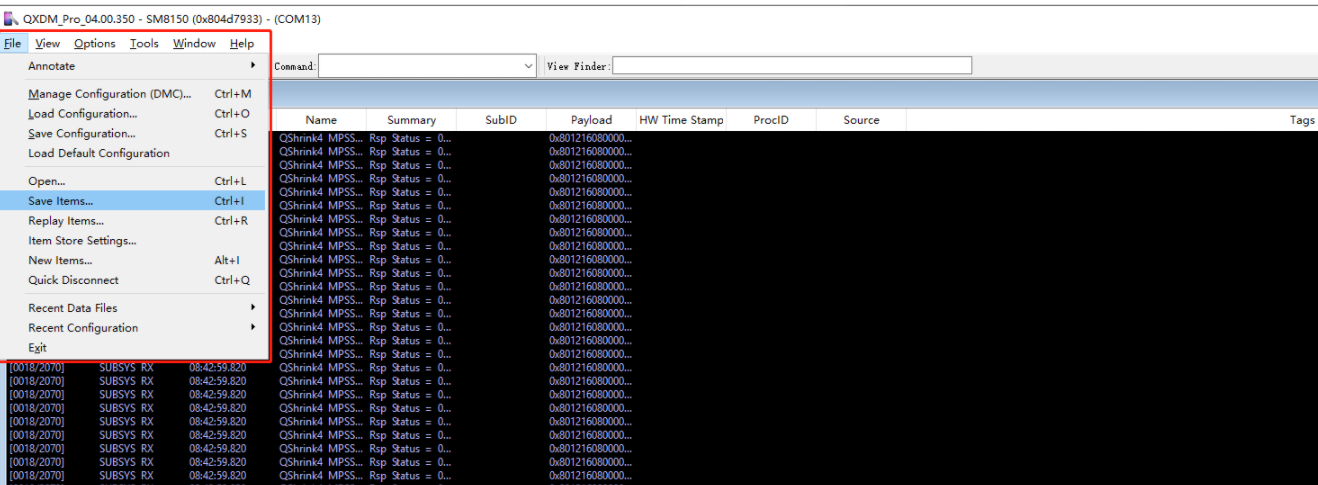
For shipments entering the port limits but not leaving Customs custody in the U.S., CBP requires an ISF-5 be filed. For a typical shipment arriving by vessel and being offloaded in the U.S., CBP requires an ISF-10 be filed. There are 2 types of Importer Security Filings: ISF-10 and ISF-5. So, again… What does this have to do with cargo heading to Canada? When do you need to file an Importer Security Filing? This is where the Importer Security Filing (ISF) comes in. customs to narrow in and utilize resources to help protect the country by catching bad guys doing bad things. They need to ensure that shipments do not contain dangerous or prohibited items.Įssentially, CBP wants advanced knowledge about what kind of cargo is coming, where it came from and where it’s going. In its efforts to safeguard the country from acts of terrorism and illegal activities, CBP continuously screens for and identifies high-risk shipments. Customs and Border Protection (CBP) about shipments passing through their ports. The main purpose of an Importer Security Filing (ISF) is to inform U.S. The purpose of an Importer Security Filing In order to explain why an Importer Security Filing might be needed for a shipment destined for Canada, let’s discuss the purpose of an ISF. Failing to file the Importer Security Filing or provide the required information could lead to the delay of your cargo, in addition to fines and monetary penalties. Customs and Border Protection (CBP) requires that an Importer Security Filing (ISF) be submitted no later than 24 hours before cargo is loaded onto a vessel headed for the United States. Customs and Border Protection (CBP) that your goods will be passing through their ports and provides them with key information about your shipment.

So, what is an Importer Security Filing?Īn Importer Security Filing (ISF) is a requirement for imports that are arriving at or passing through the United States. In this article, we’ll help you understand what an Importer Security Filing (ISF) is and its purpose, in addition to the circumstances when Canadian imports might require an Importer Security Filing to be filed and who exactly is responsible for filing it.


Why do I need to worry about it then?” Well, most of the time, you won’t – unless your imported goods will be stopping in the United States before arriving in Canada. As a business that imports goods into Canada, you might be saying to yourself “I thought Importer Security Filings were a U.S. He Importer Security Filing (ISF), or 10+2 is one of the confusing concepts that importers come across often, especially those who engage in international trade activities.


 0 kommentar(er)
0 kommentar(er)
